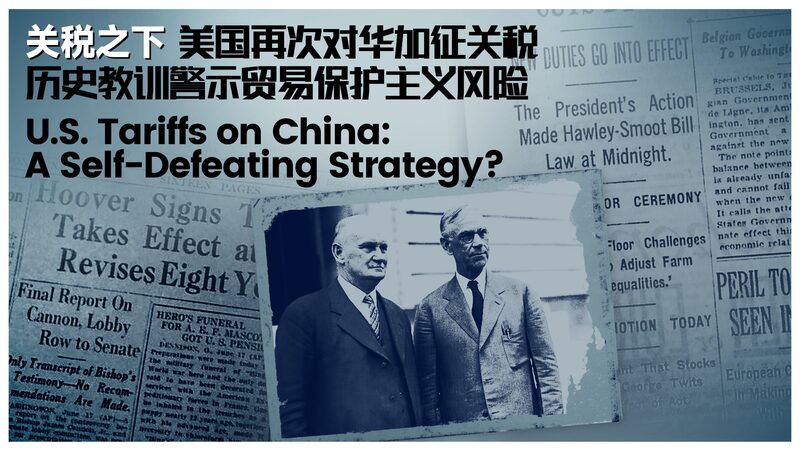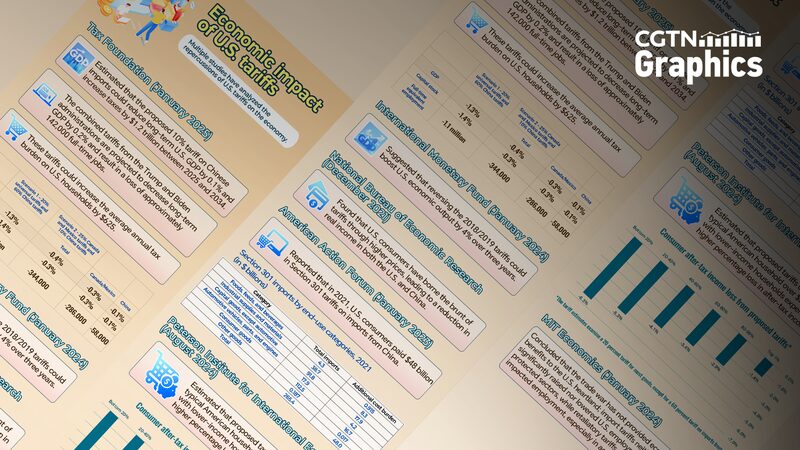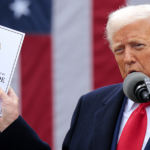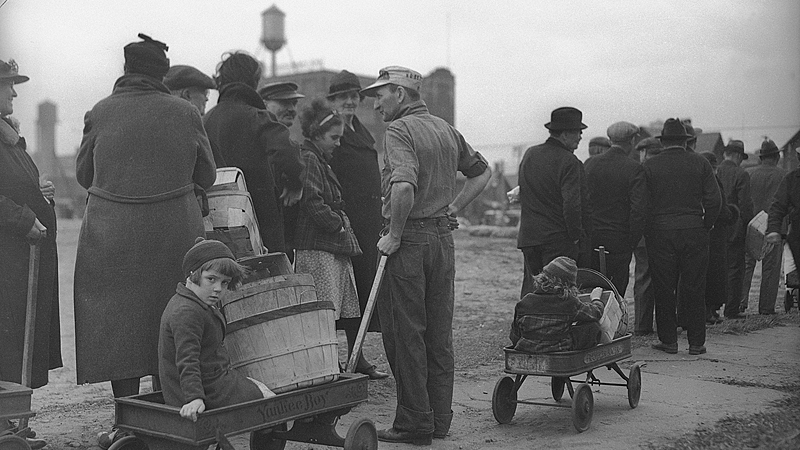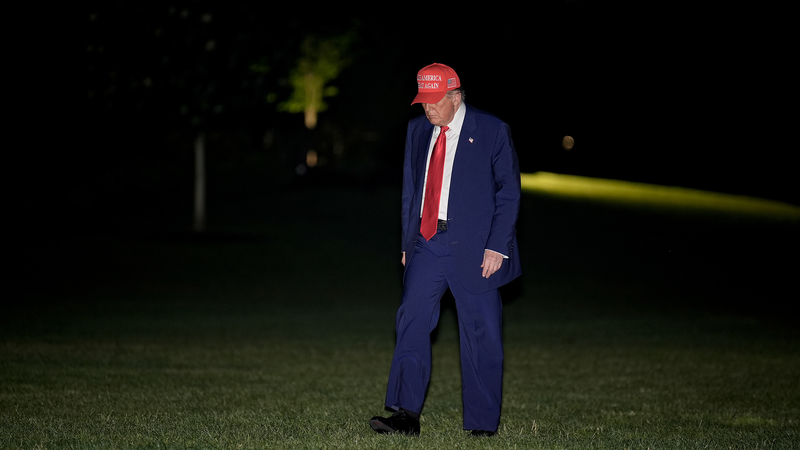The U.S. has slapped an additional 10% tariff on Chinese imports, citing the fentanyl crisis as justification—a move China called 'repayment of kindness with hostility.' In response, Beijing announced retaliatory tariffs on U.S. goods and non-tariff measures effective March 10. But economists are sounding alarms: this tit-for-tat could backfire spectacularly. 🔥
A Lesson from the Past 📜
Remember the Smoot-Hawley Tariff Act of 1930? It triggered a 70% plunge in U.S. imports and deepened the Great Depression. By 1934, the U.S. reversed course with the Reciprocal Tariff Act to repair global trade ties. History’s warning? Trade wars often hurt the aggressor most.
Why This Could Backfire 🧨
American businesses and consumers may face higher prices and supply-chain chaos. Analysts say China’s retaliation could hit U.S. farmers and tech exporters hard—think soybeans and semiconductors. Meanwhile, global markets brace for ripple effects.
What’s Next? 🌐
With talks stalled, young professionals and entrepreneurs are watching closely. Will leaders pivot before repeating 1930s-era mistakes? For now, it’s a high-stakes game of economic chicken—and the world’s wallets are on the line.
Reference(s):
cgtn.com
